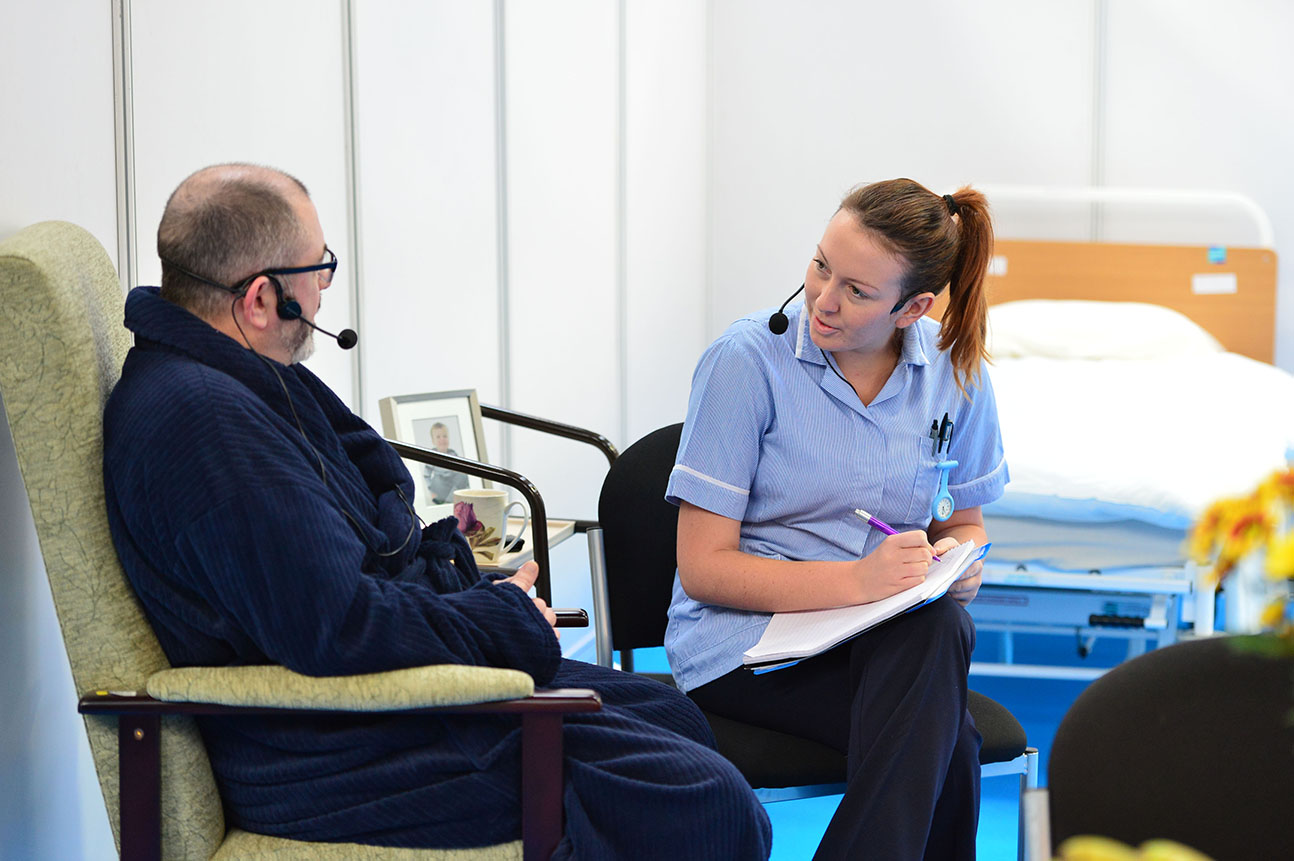Bread and butter
Experience suggests that careful evaluation is prudent before promoting specific technologies in the health service, but there is much to gain from empowering staff and patients with functioning computer systems that work and that can communicate with each other, argues Stephen Bradley.
Shortly after becoming the new health secretary Matt Hancock numbered his top three priorities. These were respectively workforce, technology and prevention. Hancock has not indicated any rethink on crippling cuts in training and public health so it seems reasonable to assume that as regards ‘priorities’ one and three it’s business as usual. Hancock’s No 2, technology, is apparently a sincere interest for the new secretary of state and this is possibly where he will aim to make his mark on the health service.
Hancock’s enthusiasm for a controversial smartphone app from tech firm Babylon, has already provoked concern. The service allows NHS patients, after re-registering with Babylon’s partner practice, to access a video consultation with a GP within two hours. Doctors have warned that by creaming off the youngest and healthiest patients the GP at Hand model risks destabilising the already precarious primary care system and worsening access for those patients who need GP appointments the most.
Health and social care is incredibly labour intensive with staff costs accounting for a large proportion of the NHS budget. It’s understandable then that replacing human skills with technology is an attractive proposition. But it’s easy to get carried away. Hancock’s predecessor Jeremy Hunt, enjoyed citing ‘silicon valley gurus’ who told him that doctors’ diagnostic skills would be obsolete in 20 years. In retrospect this was less fanciful than his promise that the NHS would be ‘paperless’ by 2018.
But Hunt’s emphasis on diagnosis demonstrated his fundamental misunderstanding of what matters in healthcare. Some tightly defined aspects of medical practice, such as interpretation of x-rays and even diagnosis may well become AI assisted in the future, but the judgment and skill of clinicians in helping their patients decide when treatments and investigations are prudent is unlikely to be replaced for a long time. Similarly, while futurists like to point to hi-tech experiments with robots in helping with elderly care, it’s hard to see how the skill, versatility and empathy of our social care workforce will be replaced anytime soon.
Even technology with clear potential to benefit and streamline patient care can take decades to translate into improvements in efficiency. This phenomenon, known as ‘the productivity paradox’, is well illustrated by the digitisation of patient records, which although self-evidently a sensible aim has yet to show any service efficiencies significant enough to offset the many hours of clinicians spend in data entry and consequently away with their patients. On-line consultations may increase patient convenience and satisfaction but there is no credible evidence that it will allow GPs to see more patients. Robust evaluation is essential before implementing any new technologies widely and Britain has an impressive capacity to undertake such assessments through its universities and bodies such as the Medicines and Health Regulatory Authority (MHRA) and the National Institute for Health and Care Excellence (NICE).
While the government promises benefits from poorly evaluated technologies, the NHS’s basic information infrastructure urgently needs an overhaul. Different trusts typically use their own systems and even within individual organisations several different clinical systems are often used in different departments. This proliferation of different systems has created a legacy of limited information sharing, the problem of interoperability. This means doctors are frequently in the dark about treatments their patients have had, which has implications both for safety and for the waste of duplication. Outrageously, fax machines are still a core part of communication in the NHS, of which the service is the world’s largest consumer. The promise of patient access to their GP health data remains unfulfilled and inconsistent, with access generally involving summaries only rather than comprehensive access. Data security is a pressing concern with last year’s WannaCry ransomware attack exposed the alarming vulnerability of NHS systems. Meanwhile, even as an AI revolution in healthcare is confidently foretold processes for researchers to access data remain arcane and the government seems uncommitted to implementing their Life Sciences Industrial Strategy.
Addressing the bread and butter issues of robust, usable and interoperable IT would not only improve patient care but also improve the working lives of NHS staff who waste hours navigating clunky systems. The Tories’ fondness for flights of fancy while the basics are neglected reveals a credibility gap which we should point out every time ministers promise that technology will remedy NHS crises of their own making.

